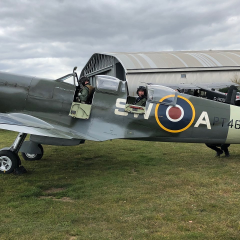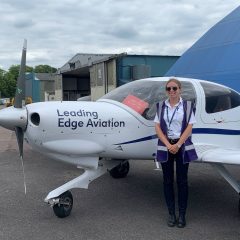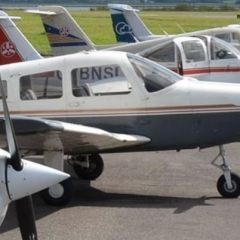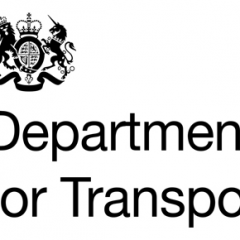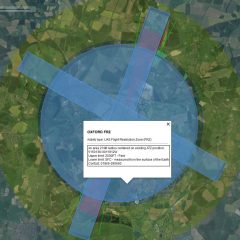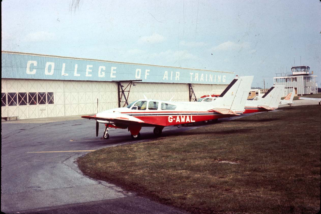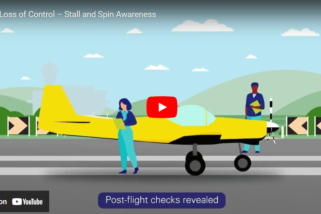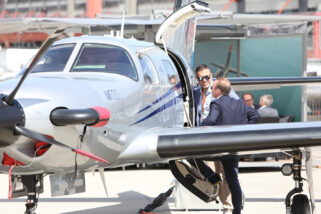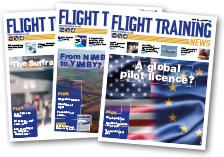Can socially-distanced flight training work?
Although commercial pilot flight training recommenced at a number of Approved Training Organisations (ATOs) in the UK towards the end of May, at the time of writing, flying clubs and PPL schools remain in lockdown. The message from UK Government is that it is too early to restart all forms of flight training just yet, but there is a glimmer of hope that July could see some return to the skies for flying schools and clubs. As reported...
Commercial flight training resumes in UK
LEA at Oxford Airport have sent FTN a report of their activities, following resumption of flying training earlier this week. As reported previously, LEA were the first ATO to approach the CAA to inform them of their plans to resume training under a highly modified operation, designed to keep their customers and employees virus free. Day one of our new regime was both an exciting day and one peppered with anticipation. Six students,...
CAA issues new advice for GA pilots & flying schools
The UK Civil Aviation Authority (CAA) has issued new advice today for GA pilots, flying schools and clubs as many begin to make preparations to re-start operations after having been in lockdown for the last two months. The advice has been published in CAA publications CAP1924 and CAP1925 CAP1924, which contains advice for flying schools and clubs, opens by stating: “We appreciate that GA pilots will want to return to the air...
UK Government issues advice on General Aviation operations
Through mid-March, as the number of coronavirus cases in the UK began to rise sharply, many General Aviation businesses began to introduce ‘social distancing’ measures. Some businesses chose to increase their hygiene measures, modify their operations or stop all dual instruction given that in the confines of a GA aircraft, maintaining a six foot separation between instructor and student is not possible. The closure of cafes and...
The Commercialisation of Lower Airspace
Commercial drone companies are being charged to enter and operate within airport control zones at London Heliport and London Oxford Airport, marking what is believed to be the first instances of airports charging for airspace access. Does this represent the thin end of the wedge in terms of the commercialisation of lower airspace? The Association of Remotely Piloted Aircraft Systems UK (ARPAS UK) contacted FTN to advise that...


